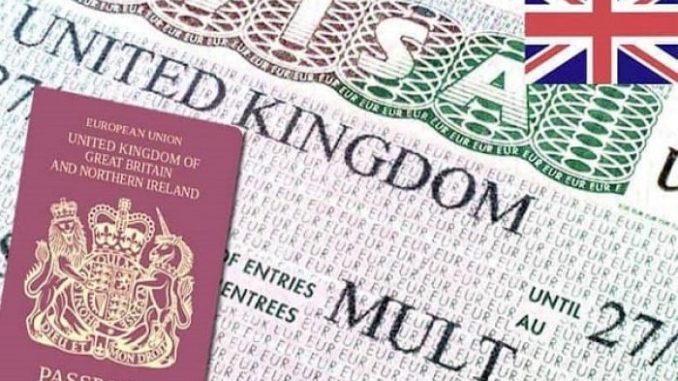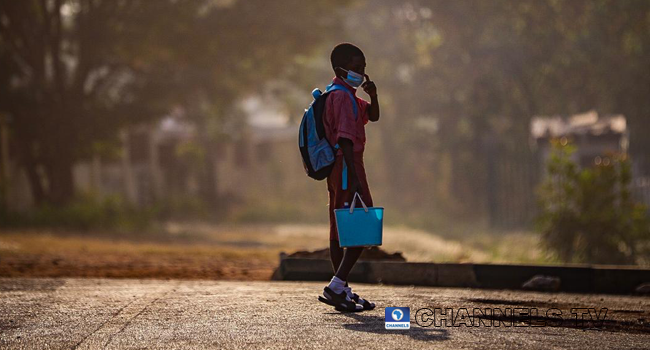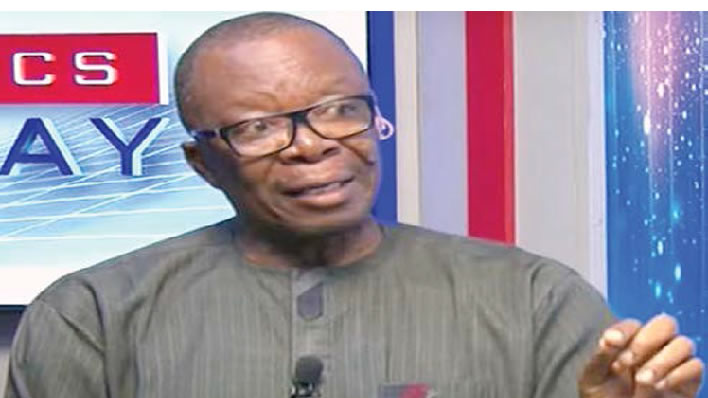Amid the ongoing economic downturn in Nigeria, a report by the Financial Times of London reveals that payments from Nigerian students for the upcoming academic session in UK universities, starting this September, have plummeted by 65% compared to last year.
Similarly, payments from Indian students have decreased by 44% since August 2023. These two countries are among the top three contributors to the international student body in the UK.
According to Enroly, a platform used by a third of international students for enrollment management, there has been an overall 35% decline in deposits for UK university courses by foreign students this month compared to August 2023.
Analysts suggest that UK universities may face financial challenges as international student numbers are expected to drop, affecting institutions that have become heavily reliant on higher-paying overseas students.
Paul Kett, senior education and skills adviser at PwC UK, noted, “This is still going to be a challenging and critical recruitment round for many. The impact on individual institutions will vary based on their attractiveness and primary markets. Some may need to take significant actions to ensure financial stability.”
Despite a slight recovery this month, the number of international students applying to UK universities remains significantly below recent levels, leaving some institutions in financial distress. The situation has improved slightly from May, when the drop was 57% compared to the previous year.
Education Secretary Bridget Phillipson has emphasized the Labour government’s commitment to welcoming international students, criticizing the previous Conservative administration’s negative rhetoric aimed at reducing overall migration figures.
The data highlights a notable decline in students from Nigeria and India, two of the UK’s largest international markets. Deposits from Nigerian students fell by 65%, and those from Indian students dropped by 44% compared to August 2023. In contrast, smaller markets like Kenya and Nepal have shown increased demand.
Jeffrey Williams, CEO of Enroly, pointed to early signs of recovery due to the new government’s efforts to stabilize immigration policy, helped by ongoing political uncertainty in countries like Australia and Canada.
Harry Anderson, Deputy Director of Universities UK International, remarked that the international environment remains volatile, with universities working to diversify their recruitment sources. He added that the Labour government’s retention of the Conservative ban on most graduate students bringing family members poses competitive challenges, as other destinations allow such arrangements.
The Office for Students (OfS) is preparing for potential university insolvencies, having advertised for a £4 million contract to manage restructuring programs after financial accounts showed overly optimistic growth projections for overseas recruitment.
Data from the Central Bank of Nigeria indicates that Nigerians spent $896.09 million on foreign education in the first half of 2023, with a significant portion directed towards the UK. Foundation courses in the UK cost between £10,000 and £15,000, with additional yearly expenses averaging around £8,000 per student.









